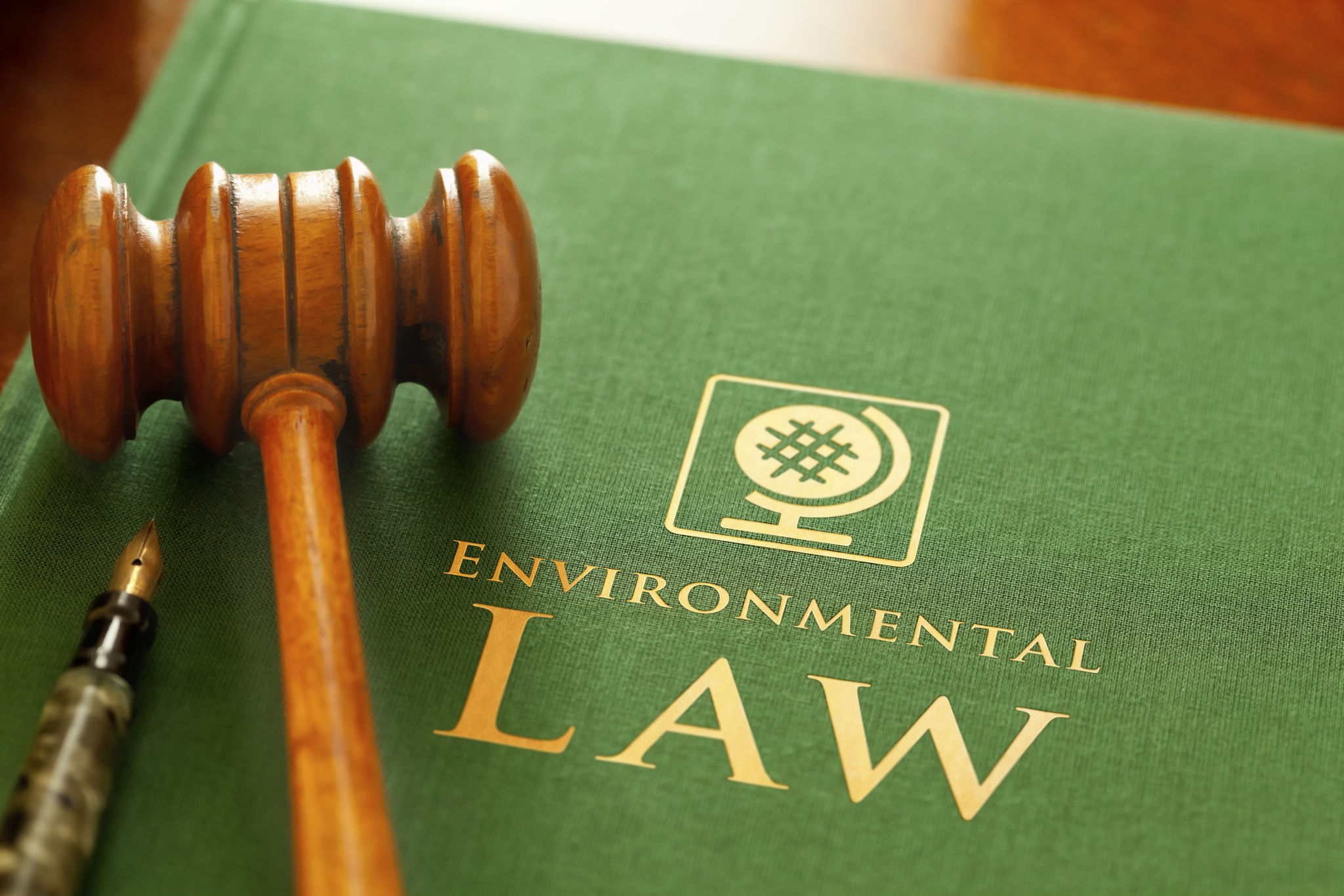Comparing Industrial Properties for Sale: Key Factors to Consider
Location and Accessibility
When comparing industrial properties for sale, one of the most critical factors to consider is the location. The property's proximity to major highways, ports, and logistics hubs can significantly impact your business operations. Easy access to transportation networks ensures efficient distribution and supply chain management, which are vital for industrial activities.
Additionally, consider the availability of public transportation for employees. A location that is easily accessible for workers can enhance productivity and reduce turnover. It's also essential to investigate the area's zoning regulations to ensure that the property can be used for your intended industrial purpose.

Property Size and Layout
The size and layout of an industrial property are crucial for determining its suitability for your business needs. Evaluate the total square footage of the property and assess whether it can accommodate your current operations as well as potential future expansion. A property that allows for growth can save you the hassle of relocating later.
Examine the internal layout to ensure it aligns with your operational requirements. For example, consider the ceiling height, floor load capacity, and the presence of loading docks. These features can impact the efficiency of your workflow and the types of equipment you can use on-site.

Infrastructure and Utilities
Another important aspect to consider is the availability and reliability of infrastructure and utilities. A well-equipped industrial property should have robust electrical systems, sufficient water supply, and efficient waste management solutions. These elements are essential for maintaining smooth business operations.
Furthermore, check if the property has modern telecommunications infrastructure, as connectivity is vital in today’s digital age. High-speed internet and reliable network connections are necessary for managing operations, communications, and data processing efficiently.
Compliance and Environmental Considerations
Industrial properties must comply with various health, safety, and environmental regulations. Before purchasing a property, conduct thorough due diligence to ensure it meets all compliance requirements. This includes checking for any environmental liabilities such as soil contamination or hazardous material storage.
Consider whether the property has existing permits and certifications or if additional measures will be needed to meet industry standards. Addressing these issues upfront can prevent costly penalties and operational disruptions in the future.

Market Trends and Investment Potential
Understanding current market trends is essential when comparing industrial properties for sale. Research the local real estate market to determine if property values are appreciating or declining. A well-informed decision can lead to a sound investment that appreciates over time.
Assess the property's potential for rental income if you plan on leasing it out. Analyzing factors such as vacancy rates and rental demand in the area can help you forecast future returns on your investment.
Cost Considerations
The financial aspect of purchasing an industrial property extends beyond the initial purchase price. Consider other expenses such as property taxes, insurance, maintenance costs, and any necessary renovations or upgrades. These costs should be factored into your budget to ensure financial feasibility.
It’s also advisable to work with financial advisors or real estate professionals who can provide insights into financing options and help you negotiate favorable terms. Their expertise can be invaluable in maximizing your investment while minimizing unforeseen expenses.

